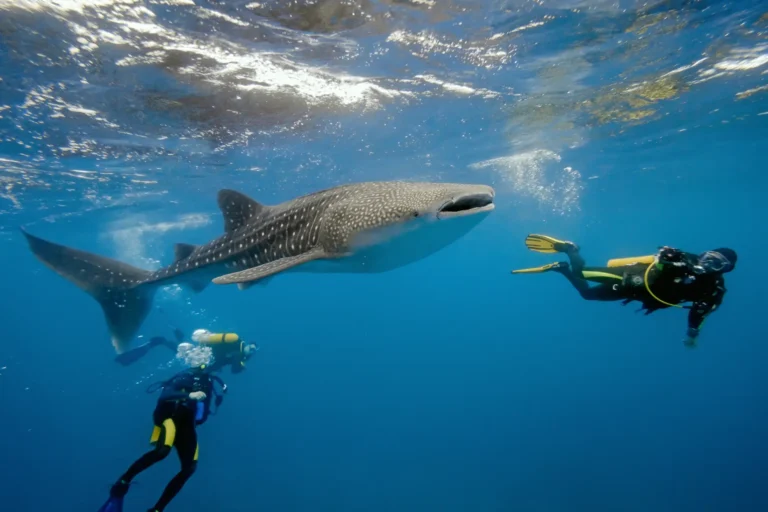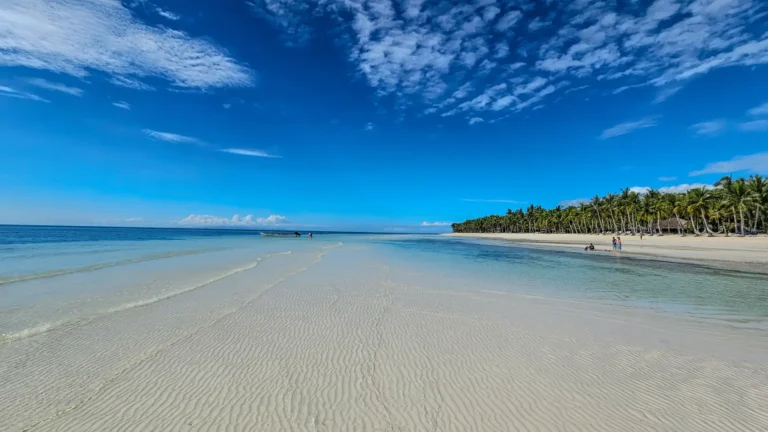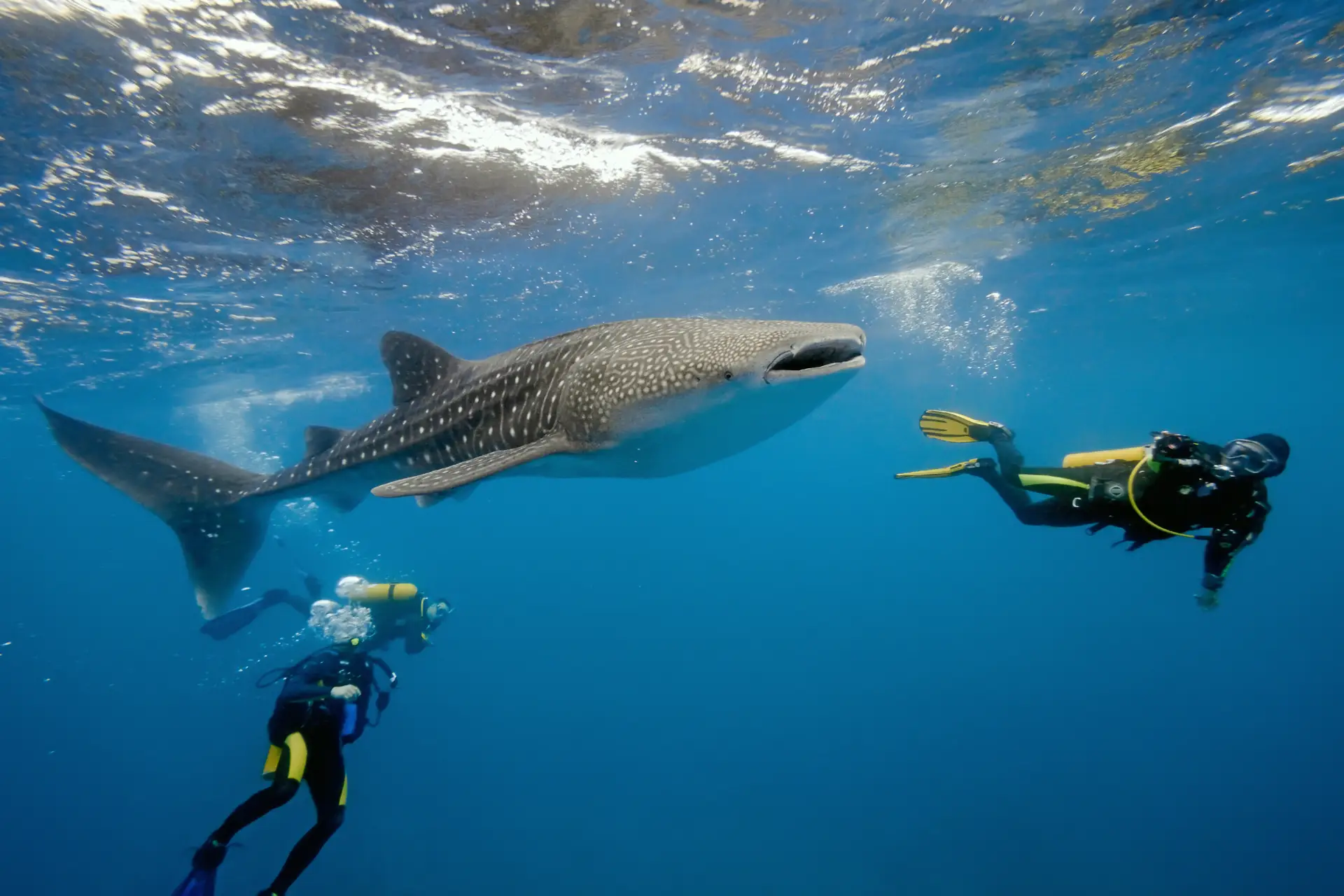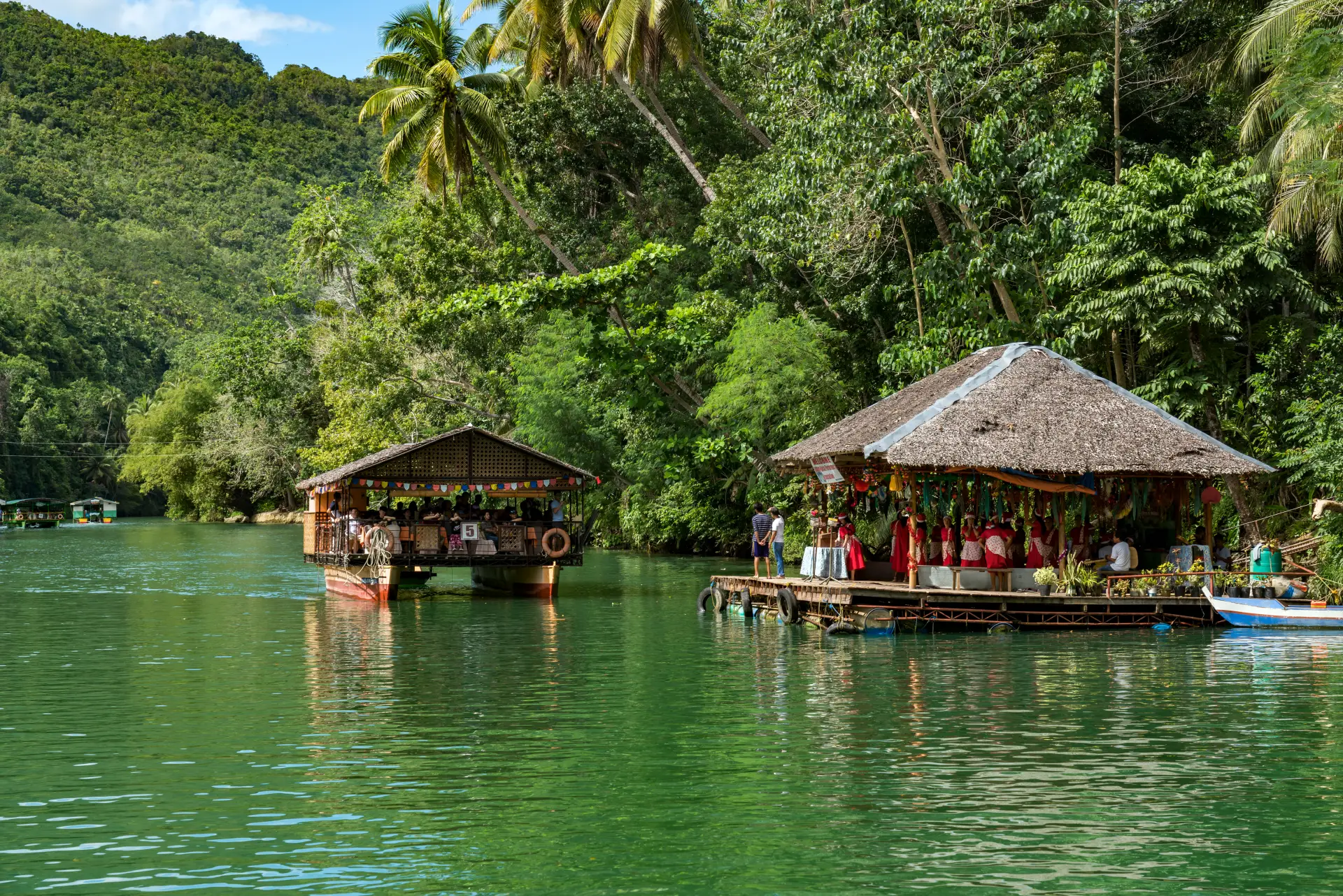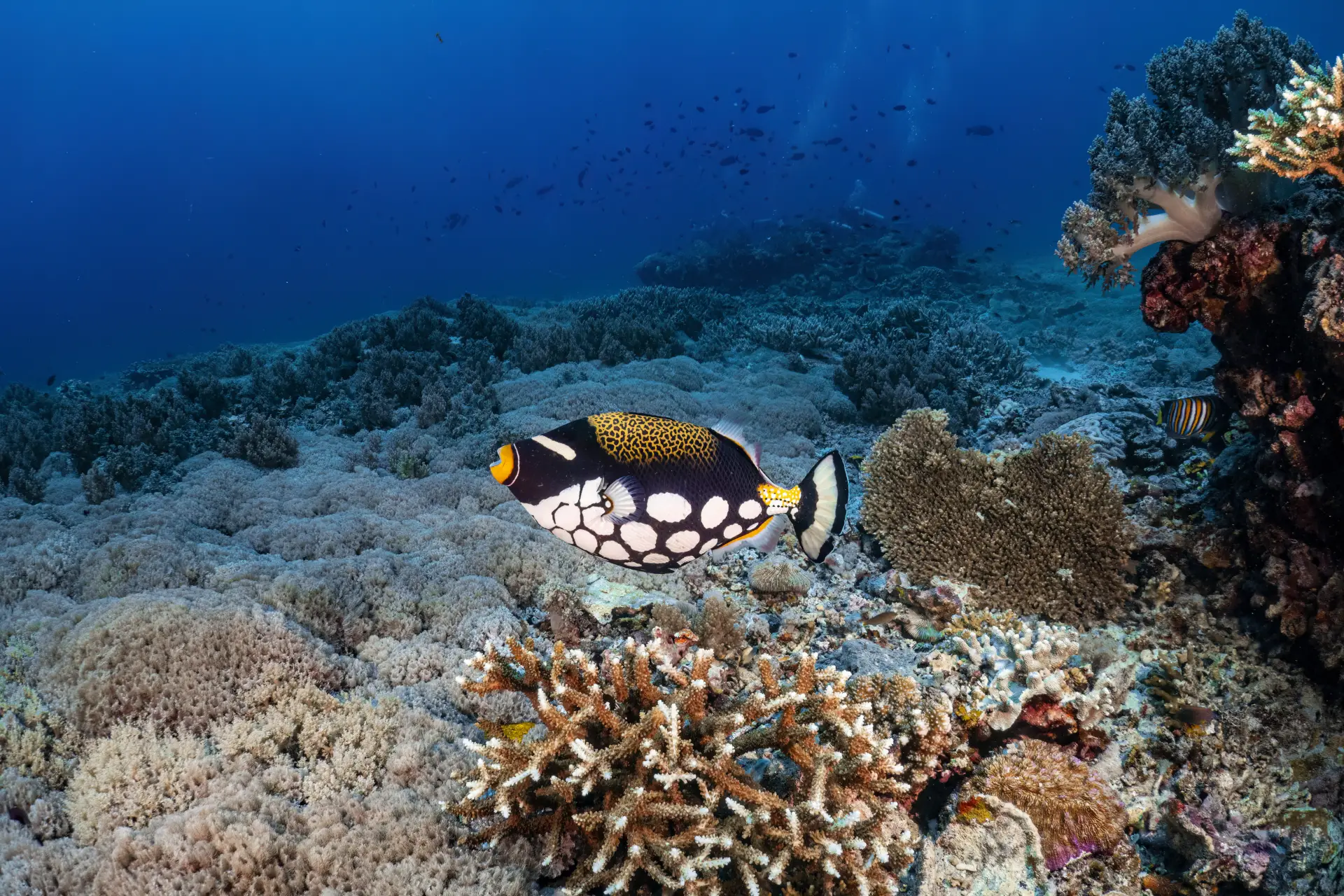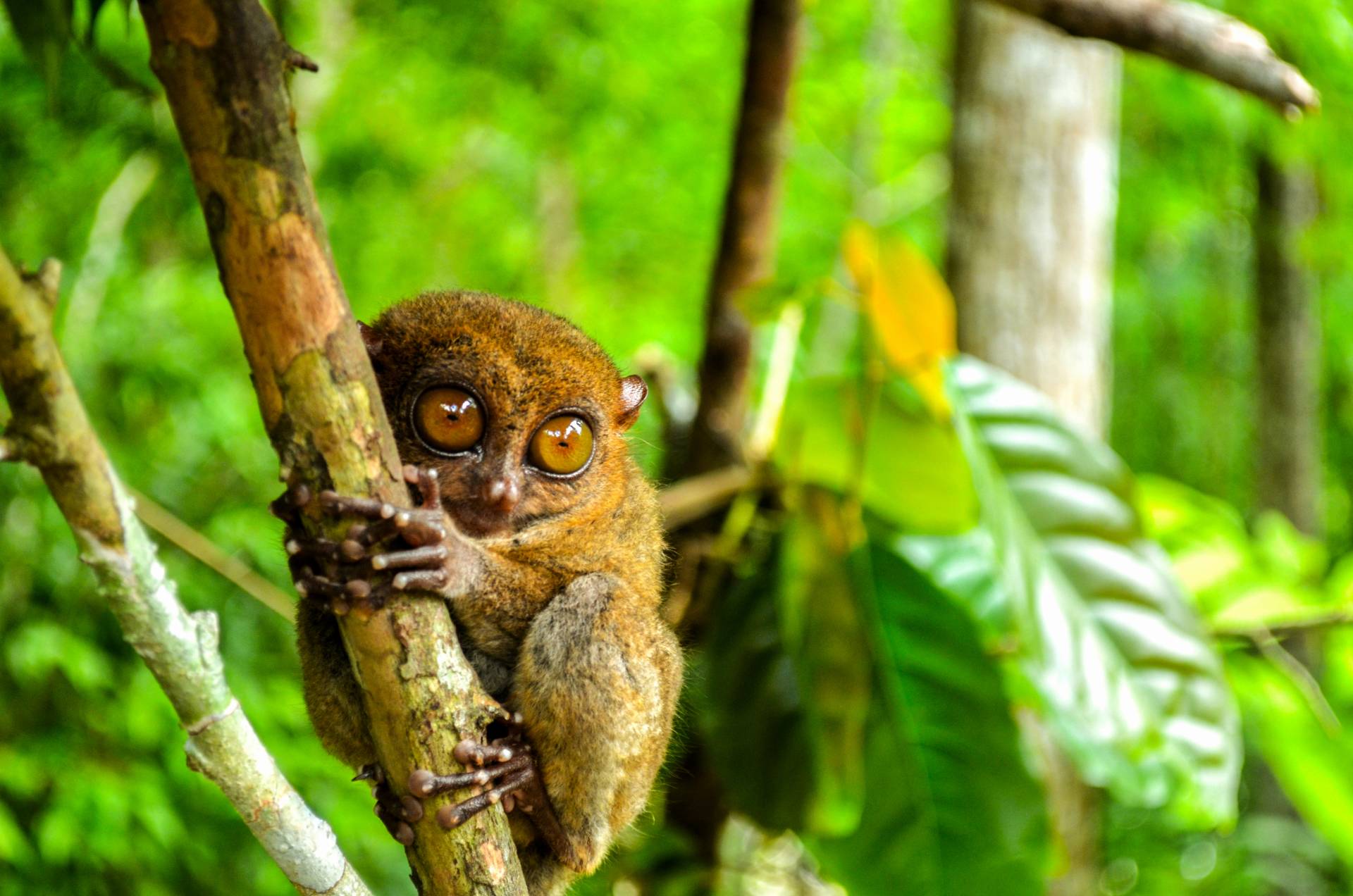Whale Sharks in Bohol: A Natural Spectacle Worth Protecting
For many divers and ocean lovers, encountering a whale shark is the ultimate dream. These gentle giants, the largest fish in the world, have long been a part of Bohol’s underwater allure, gracing the waters during their natural migration. However, in recent years, natural sightings of whale sharks in Bohol have become rare, largely due to human intervention in the form of feeding programs. With the Philippine government now officially banning whale shark feeding in Bohol, there is renewed hope that these magnificent creatures will return to their natural migration routes.
At Sierra Madre Divers, we believe in the importance of experiencing marine life naturally and ethically. Here’s why protecting natural whale shark encounters in Bohol is so important and how we can all contribute to ensuring their future in our waters.
The Natural Presence of Whale Sharks in Bohol
Bohol has historically been an important waypoint on the whale shark migration route, particularly during the cooler months from November to March. As the water temperatures drop, plankton blooms increase, attracting whale sharks to the area. Before commercialized feeding programs, divers and snorkelers in Bohol had the chance to witness wild, unprovoked encounters with these gentle filter feeders, often near Balicasag and Pamilacan Islands.
During these months, responsible dive operators would take divers to deep water sites where whale sharks could be seen naturally—without coercion, without bait, and without disrupting their instinctual behaviors. These moments were rare but special, as they allowed divers to witness authentic whale shark behavior, from feeding on plankton clouds to gracefully cruising through the open ocean.
The Impact of Feeding on Whale Shark Populations
Unfortunately, in recent years, artificial feeding practices have altered the way whale sharks interact with Bohol’s waters. In Lila, operators began feeding whale sharks to ensure guaranteed sightings for tourists. While this may seem like a harmless way to attract more visitors, the long-term effects have been damaging:
- Disrupted Migration Patterns: Whale sharks are highly migratory species, traveling vast distances across the world’s oceans. Feeding programs have encouraged them to stay in one place, breaking their natural migratory habits and affecting their role in the marine ecosystem.
- Increased Human Dependence: By relying on human feeding, whale sharks become conditioned to expect food from boats rather than searching for natural food sources. This can lead to unhealthy behavioral changes and make them vulnerable to harm from boats and fishing vessels.
- Environmental and Economic Damage: Areas where whale sharks are unnaturally concentrated see higher pollution, as large numbers of boats and unregulated tourism increase stress on the marine environment. This affects not only whale sharks but also coral reefs, other marine species, and sustainable tourism efforts.
Over time, this artificial behavior likely contributed to fewer natural whale shark sightings in Bohol, as they were being pulled away from their normal migration routes.
The Ban on Whale Shark Feeding in Bohol: A Step in the Right Direction
Recognizing the dangers of this practice, the Philippine government has now banned whale shark feeding in Bohol. This is an important step toward restoring balance to the marine ecosystem and encouraging the return of naturally migrating whale sharks.
With this ban, we expect to see:
- A gradual return of whale sharks to their natural migration routes.
- Improved eco-tourism standards, focusing on non-intrusive, sustainable encounters.
- Increased awareness about the importance of ethical marine tourism.
Now, patience and conservation efforts will play a vital role in allowing these gentle giants to reestablish their normal movement patterns and once again grace Bohol’s waters in their natural state.
How We Can Support Natural Whale Shark Encounters
As divers, snorkelers, and ocean lovers, we all have a role to play in ensuring that whale sharks are protected and observed responsibly. Here’s how you can help:
1. Choose Responsible Dive Operators
Ensure that your dive center or tour operator follows ethical wildlife tourism guidelines. At Sierra Madre Divers, we prioritize natural encounters and never support feeding or baiting marine life.
2. Respect Their Space
If you are lucky enough to encounter a whale shark in the wild, remember to keep a respectful distance (at least 3 meters), avoid touching them, and never block their path.
3. Advocate for Sustainable Tourism
Support businesses that promote marine conservation and responsible tourism. Avoid tours that advertise guaranteed whale shark encounters through feeding.
4. Spread Awareness
Educate fellow divers and travelers about why natural whale shark encounters are more ethical and sustainable. The more people understand the harm of feeding, the more we can collectively protect these incredible animals.
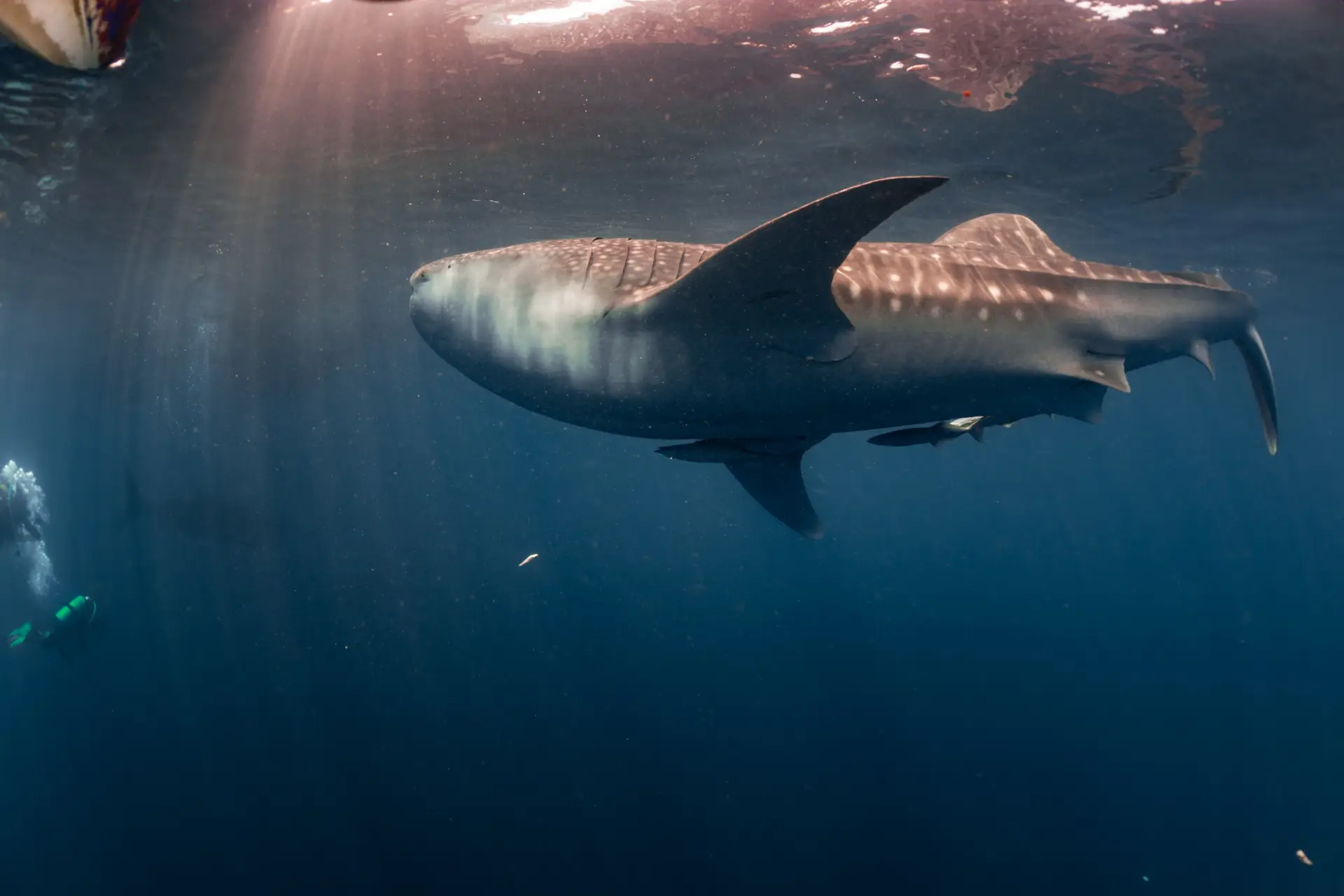
A Hopeful Future: Seeing Whale Sharks Naturally in Bohol Again
The banning of whale shark feeding in Bohol is a positive step toward restoring the natural balance of our marine ecosystem. While it may take time, we are hopeful that whale sharks will return to Bohol’s waters in the coming seasons, moving freely on their migration path as they once did.
At Sierra Madre Divers, we believe that every marine encounter should be ethical and sustainable. Seeing a whale shark in the wild—without interference, without baiting, and in its natural environment—is a privilege that divers should cherish and protect.
Let’s work together to ensure that the next generation of divers can experience the magic of a true wild whale shark encounter in Bohol’s pristine waters.
Want to learn more about responsible marine tourism? Contact Sierra Madre Divers and join us in promoting ethical and sustainable diving in Bohol!

